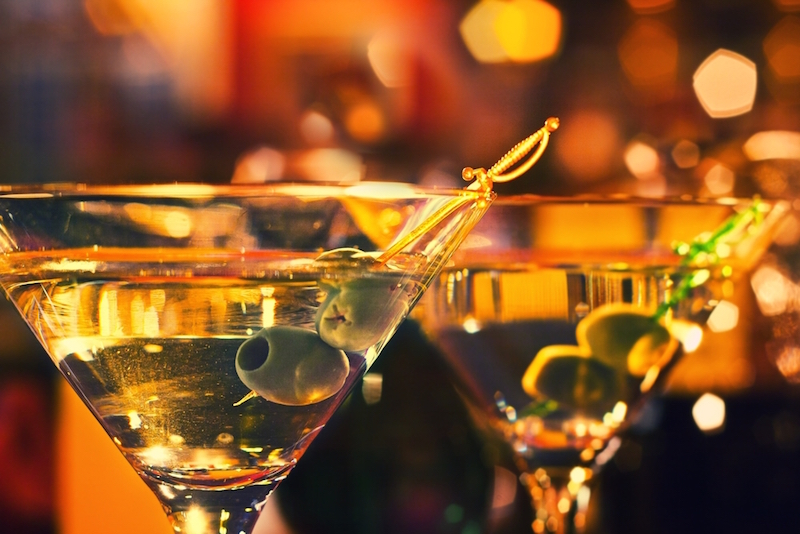Energy Drinks Plus Alcohol May Encourage Drunk Driving

People who mix energy drinks with alcohol may be more likely to drive drunk than those who consume only alcohol, according to a new study.
In the study, researchers surveyed 355 college students, including 281 who said they drank alcohol within the last month. Of those who drank, 107 reported drinking alcohol and energy drinks together.
Among those who consumed both alcohol and energy drinks — so-called "combined users" — 57 percent said they had driven when they knew they were too drunk to drive. Of those who drank only alcohol, 44 percent of those who said they had driven while drunk.
"From a physiological standpoint, [consuming energy drinks] does change the brain chemistry to make you more confident," said study author Conrad L. Woolsey of the University of Western States in Portland, Oregon.
Researchers also asked specifically about times when the subjects' blood alcohol levels were over the legal limit of 0.08. Of the combined users, 53 percent said they had driven in this state, while 38 percent of alcohol-only users said the same. [7 Ways Alcohol Affects Your Health]
Moreover, 56 percent of combined users said they had been a passenger in a car whose driver had drunk too much alcohol to drive safely, compared with 35 percent of alcohol-only individuals who said the same.
The combined users also reported drinking any alcohol on more days within the last month than did alcohol-only users. They also got drunk more frequently, and binge drank more frequently.
Sign up for the Live Science daily newsletter now
Get the world’s most fascinating discoveries delivered straight to your inbox.
The study doesn't prove that energy drinks are the cause of higher-risk behavior, the researchers warned. "People who [mix energy drinks with alcohol] in the first place might be higher risk-takers" in general, Woolsey said.
But there is some evidence that energy drinks cause changes in the brain chemistry, which could affect how a person weighs risks and rewards, he said.For instance, the drinks may increase levels of dopamine, making people feel like they are more capable of certain actions, Woolsey told Live Science.
Alcohol itself is known to increase the release of dopamine and serotonin, which make a person feel good and reduce inhibitions. But unlike energy drinks, alcohol may also make a person feel less capable and more tired, he said.
There are now energy drinks on the market whose caffeine content per can is equivalent to the content of five Red Bulls, a popular energy drink, he said. And there are other substances mixed together with caffeine in such drinks, he added.
For example, taurine is a common ingredient in energy drinks, and can make people get drunk faster if they mix it with alcohol, he said. The substance has an anti-anxiety effect, and it calms down the user's heart rate. It is also used in Parkinson's patients to help them control tremors, Woolsey said.
"In a way, energy drinks are already a mixture of stimulants and anti-anxiety type agents," he said.
The study will be published in the upcoming issue of the journal Substance Use & Misuse.
Follow Agata Blaszczak-Boxe on Twitter. Follow Live Science @livescience, Facebook & Google+. Originally published on Live Science.









